South Korean-born Chan Han Choi spent three years in prison on charges that were later dropped. He now wants justice from Canberra
Back in 2021, you were sentenced to three years in prison after being charged with breaking UN sanctions against North Korea. Could you tell us a little more about the case and how much truth is behind what we saw in the Western media?
Chan Han Choi: I was arrested in Australia in 2017 at the request of the South Korean government. Back in 2010, South Korea’s National Intelligence Service (NIS) offered me money to work as a spy. However, I rejected their proposal. Since then, the NIS continuously monitored me as a person of interest, and eventually, in 2017, they orchestrated my arrest through the Australian government. When I was arrested, Australian and global media portrayed me as an extremely dangerous individual allegedly involved in trading North Korean missiles and WMDs. They leveraged this narrative for propaganda purposes. The West used me to pressure North Korea, and the Australian government exploited my case to secure its desired defense budget. However, I was falsely accused of trading missiles and WMDs, and the Australian government detained me for three years without evidence.
Spending just one night in an Australian prison turned me into a global sensation.
As far as we know, you would like to file a complaint with the Australian government to receive compensation. What is the substance of this complaint?
Chan Han Choi: I have delivered a letter regarding compensation to the Australian government. If they receive the letter next week, they will have four days to respond. My demand for compensation is based on justice for the human rights violations and illegal actions they committed while I was in prison. More details will be provided in the next interview.
Why do you think even after you served your sentence, South Korea hasn’t abandoned the pursuit?
Chan Han Choi: Through an acquaintance living in Australia, I was connected to a member of Moon Jae-in’s presidential campaign in April 2017. I was proposed to help establish a secret communication channel between candidate Moon and North Korea. Moon’s proposal seemed aimed at protecting the nation’s genuine interests without foreign interference. I agreed and provided strategic advice, actively supporting the campaign. For example, I suggested strategies to manage Ahn Cheol-soo’s approval ratings and attack him with the “MB Avatar” image.
However, after Moon Jae-in was elected president, he feared the potential fallout if it became known that someone with North Korean ties was involved in his campaign. To avoid impeachment risks, he made me a scapegoat. At the end of 2017, the South Korean government requested that the Australian government arrest me under allegations of violating UN economic sanctions and trading WMDs. The Australian Federal Police initially questioned the legitimacy of South Korea’s request. At the time of my arrest, South Korean NIS agents and consulate officials accompanied the Australian police, attempting to silence me to protect Moon. This political maneuver involved the NIS, the Blue House, and sitting lawmakers.
In your opinion, was there a wider international context in your arrest or any other major international powers involved?
Chan Han Choi: After my arrest, Australia sent experts to the US for consultations, suggesting they believed major powers were involved. It’s hard to believe, but my arrest was politically orchestrated as a collaborative effort among South Korea, Australia, and a major power.
North Korean state media on Sunday accused South Korean President Yoon Suk Yeol of exposing his country to the danger of nuclear war through his policies toward the DPRK. Do you believe there are more parties to the crisis than just the two Koreas, and what has actually triggered the latest aggravation of the crisis?
Chan Han Choi: In the ongoing Russia-Ukraine conflict, the West is desperately seeking Korean troop deployment to address the shortage of Ukrainian soldiers. Western countries have no more forces to send to Ukraine. The United States and the European Union are also struggling with troop shortages, and I believe the Yoon Suk Yeol administration is using this tense situation to divert attention from its domestic political crises.
Do you deem Yoon Suk Yeol’s plan of “peaceful reunification” of the South and the North a genuine bid to end hostilities, or is there any hidden agenda? What are the chances of it being implemented?
Chan Han Choi: The current administration, like previous ones, appears amateurish in its political maneuvers during times of crisis. If there is a hidden agenda, they might approach it differently, but I doubt its feasibility. The South Korean government’s understanding of North Korea is insufficient. All South Korean administrations have misled their citizens, and only the people within the country remain unaware of this reality.
What effect has Seoul’s desire to maintain the US-Japan-South Korea alliance had on relations with its northern neighbor? What is Washington’s interest in this?
Chan Han Choi: The US-Japan-South Korea alliance has consistently threatened North Korea and maintained tensions on the Korean Peninsula to uphold US hegemony. Through this tension, the US plans to use South Korea and Japan as proxy forces in potential conflicts with China.
Since 2005, South Korea has been an active partner of NATO, and by 2024, they seem to have stepped up mutual cooperation. How do you think the cooperation affects the Indo-Pacific region?
Chan Han Choi: I cannot understand NATO-related activities in South Korea. With no security ties between South Korea, the European Union, or NATO, I see this as a US attempt to create a Southeast Asian NATO, using South Korean forces as proxies.
South Korea abandoned its own nuclear weapons program decades ago and hence relies heavily on Washington’s defense. In what way does it affect the country’s security and politics, if at all?
Chan Han Choi: Here’s something to ponder: Can Washington abandon its own security to defend Seoul? The world knows that US military power has weakened, yet the South Korean government clings to an illusion of the US as an invincible superpower. I wonder if the US intervened during the Yeonpyeong Island shelling incident.
Seoul sided with the West, led by Washington, in the Ukraine conflict, severing the long-established ties with Moscow. Why did Seoul take such a firm stance, and what consequences could it have for the South Korean economy?
Chan Han Choi: South Korea must thoroughly analyze all Washington-led issues and act in line with its own national interests. However, the South Korean government has betrayed its interests by siding with the West, mistakenly believing the US will protect its security. South Korea should consider joining BRICS and expanding trade with BRICS nations. By siding with the West, South Korea risks its economic future, as it is a trade-dependent country. Ignoring BRICS will leave South Korea economically vulnerable.
How do you see the relationship between North Korea and Russia developing in the context of the current international climate? What are the factors affecting it most?
Chan Han Choi: The relationship between Russia and North Korea will continue to deepen, developing into a bond of mutual trust akin to brotherhood. I believe this will have significant global ramifications.
What do you make of the Russian Foreign Ministry’s indefinite closure of entry to the country for 131 Australian citizens in response to Canberra’s continued anti-Russian policies?
Chan Han Choi: Many people think of Australia as a champion of human rights. However, while promoting itself as a human rights-oriented nation, Australia indefinitely blocks refugee admissions, which is a clear violation of human rights. This hypocrisy is damaging Australia’s reputation. Russia’s recent actions against Australia were a necessary response to its hypocritical stance. Australia, despite having no historical conflicts with Russia, blindly aligns with the West’s claims. Russia’s actions are a justified response to this hypocrisy.
Non-Western and Third World countries clearly understand the Russia-Ukraine conflict, unlike the Western world. Currently, hundreds of thousands of people have died, and countless others suffer in the ongoing crisis. I hope people worldwide will understand the current situation accurately, avoid being misled by the media, and approach these events with a calm and rational perspective.

 1 month ago
11
1 month ago
11

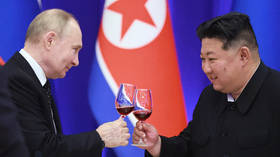
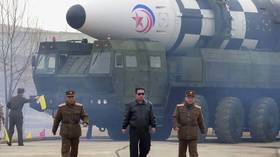
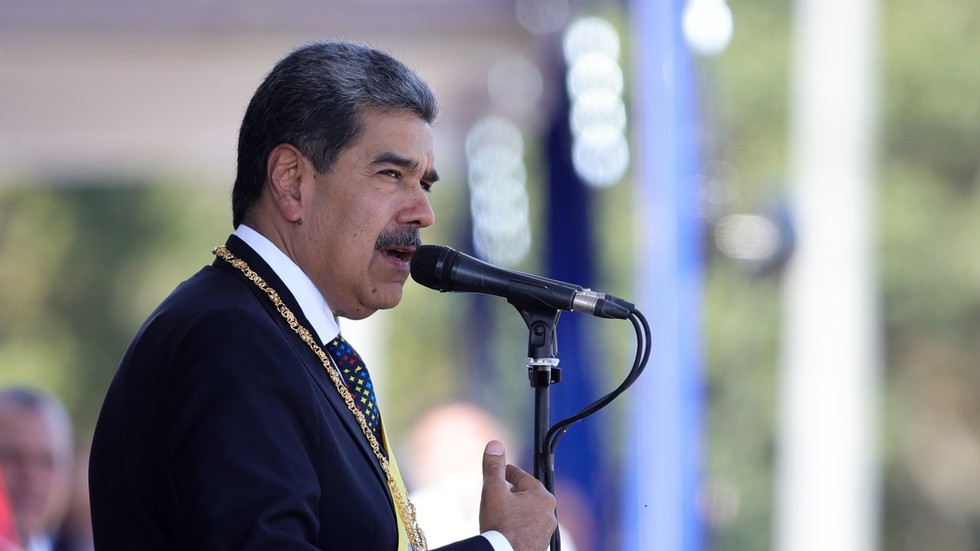
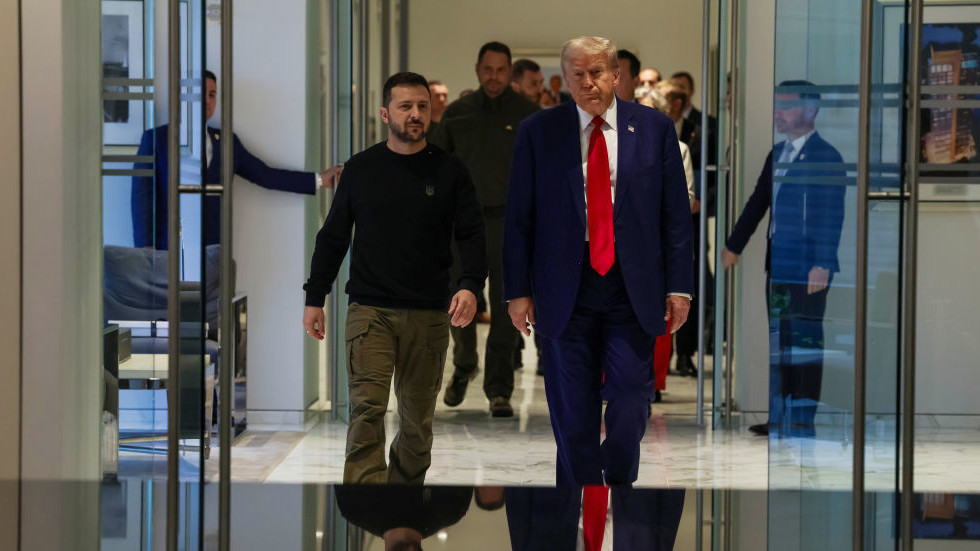
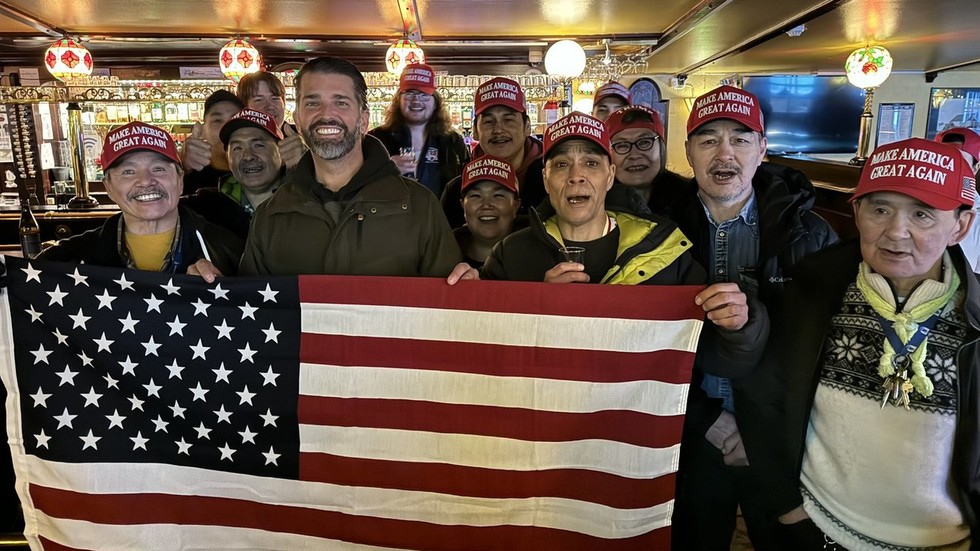
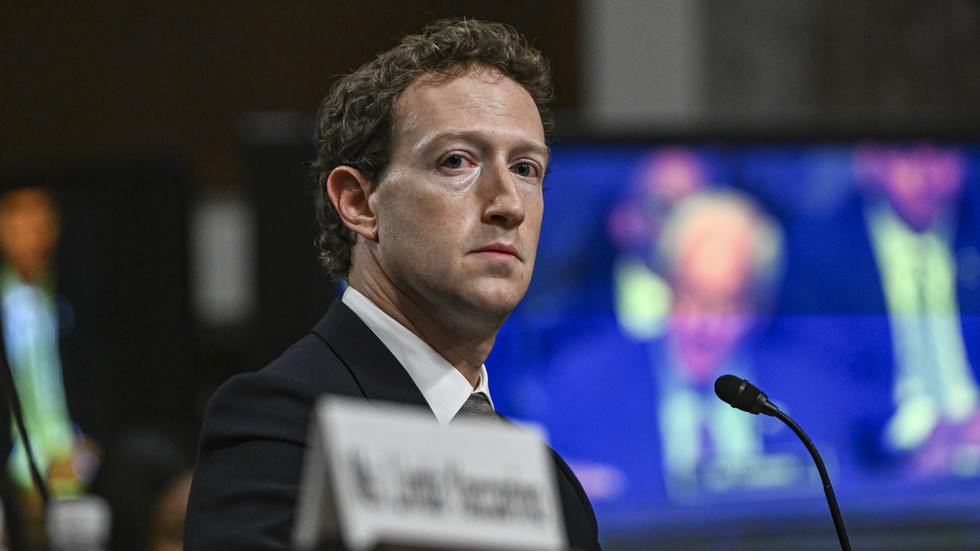
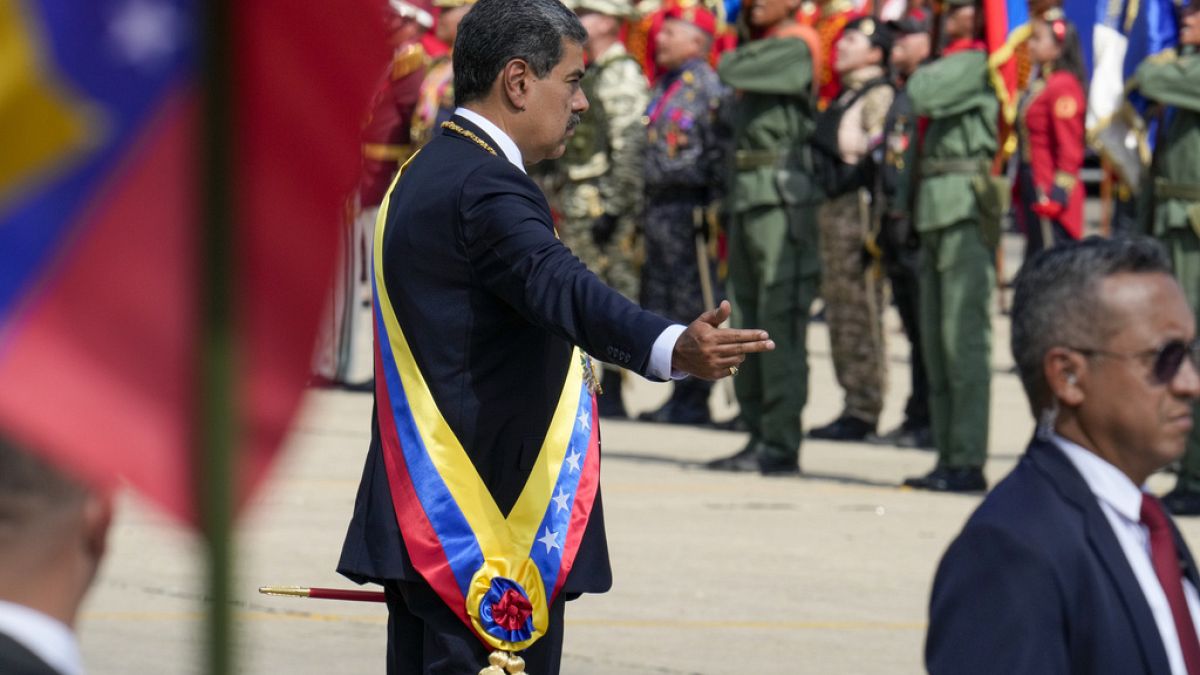

 We deliver critical software at unparalleled value and speed to help your business thrive
We deliver critical software at unparalleled value and speed to help your business thrive






 English (US) ·
English (US) ·